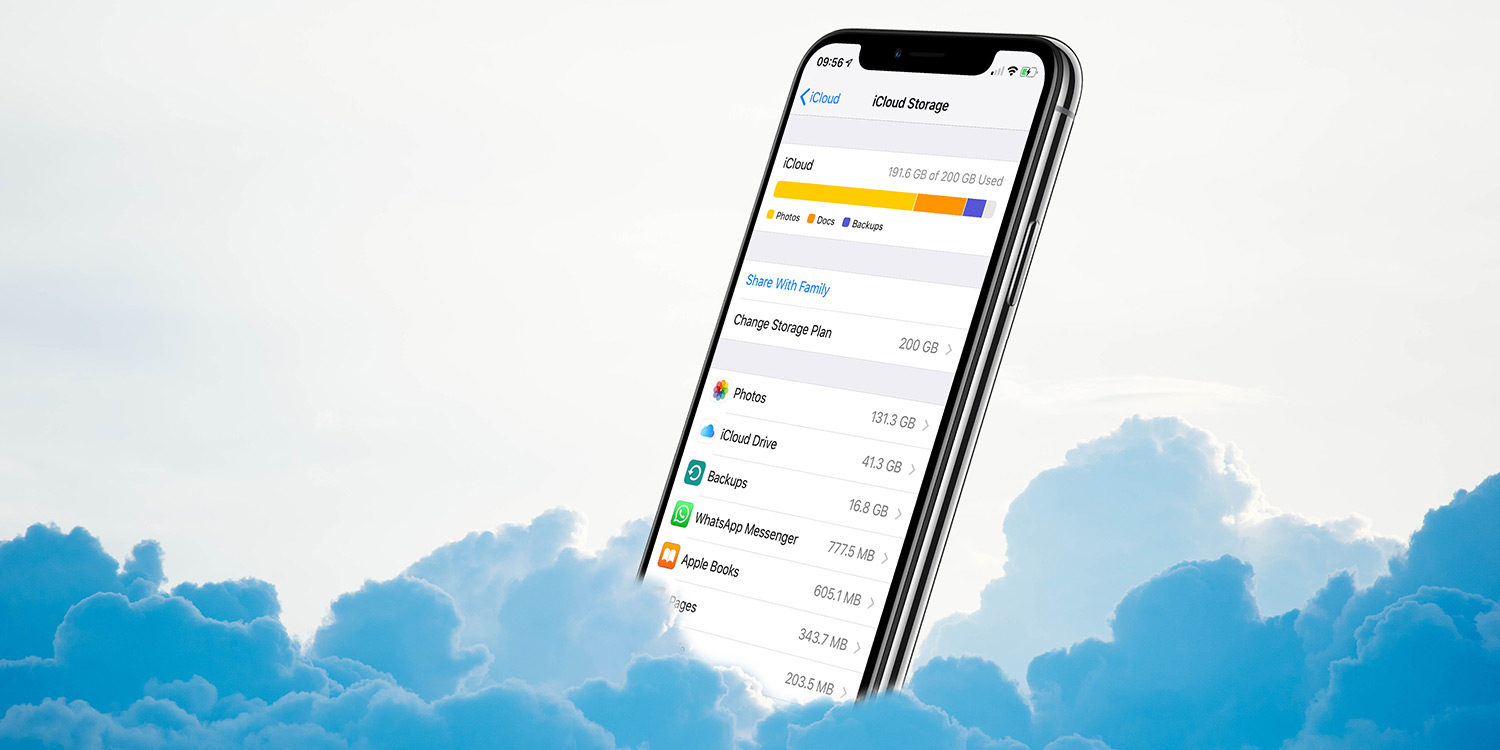At WWDC recently, Apple announced a change to its paid iCloud plans. Anyone currently shelling out for extra iCloud storage will, in the Fall, be automatically switched to a new service called iCloud+.
Apple glossed over some of the details of iCloud+, but perhaps the most notable inclusion was a new feature called Private Relay, available at the flick of a Settings switch to anyone on any iCloud+ plan.
At first glance, Private Relay sounds similar to a VPN – it reroutes all your web traffic through two encrypted “relays” to stop advertisers, ISPs, and website owners from tracking your browsing. Though features like Private Browsing in Safari can protect your history from showing up on your device, it’s often still possible for all your browsing to be pieced together by cross-referencing with your IP address and the location it came from.
Essentially, with Private Relay turned on, there is no way for anyone to piece together your browsing history from your IP or location. You’ll still be able to use an approximate location for websites that need it to function, while masking the exact location tied to your IP that can often be aggregated to build an advertising profile around your online behavior.
Macworld has a really good piece explaining the ins and outs of the feature, so if you’re curious to see exactly how it works, check out their explainer.
At its core, though, Private Relay is a fantastic addition for users who may not ever consider setting up a VPN. But to be clear, it doesn’t offer everything a VPN offers. For starters, it only protects you in Safari, and its usage may be blocked by large networks in offices or schools. It also can’t be used to fake your location to access region-locked content on websites like Netflix, which is a common use case for VPNs. (Even though it’s a legally grey area).
Private Relay should be available with the launch of iOS this September, but if you don’t want to pay for iCloud or are looking for even more protection, consider getting a VPN instead.

